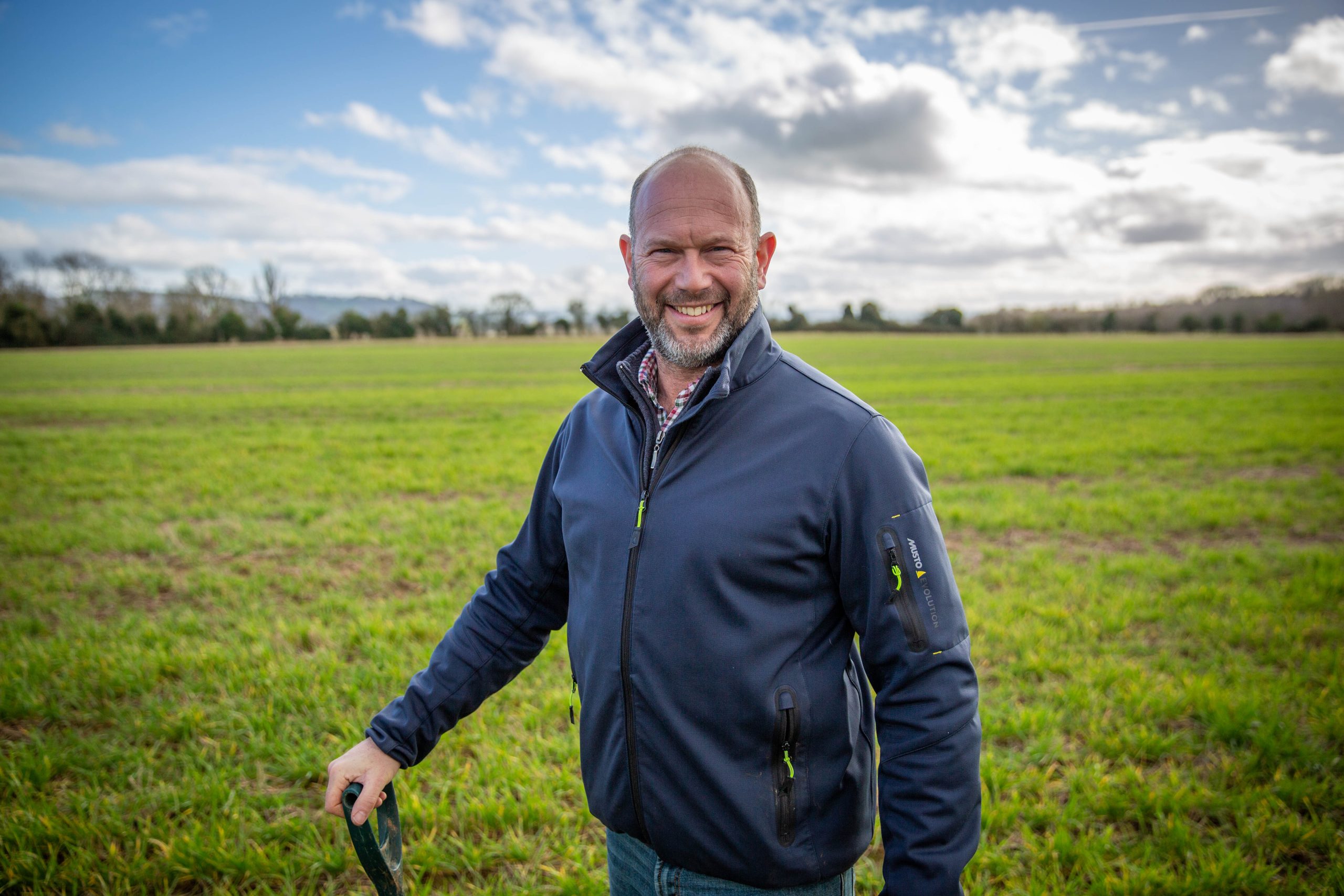Overbury Enterprises, Gloucestershire
“I’m Jake Freestone, Farm Manager at Overbury Enterprises, on the Gloucestershire-Worcestershire border, a family-owned estate with 1600 ha. That’s 900 ha arable, 50 ha of veg land that we let out and the rest is grass, either permanent grass or temporary grass in rotation, stewardship areas, woodland, ponds and so on. We have a contract farming agreement with a neighbour on 200 ha of arable. We’ve got property, residential and commercial assets, a communications business, a water business and forestry, a shoot and nursery school.
“Collaboration is important. LEAF (we’ve been a demonstration farm since 2012), FWAG, the West Midland bird ringers, have all got skills we don’t necessarily have. Collaboration has opened lots of doors for us for advice and new income streams. Whether that’s biodiversity or carbon, agroforestry, linking up with neighbours with
cattle – these things don’t come about unless you’re out there talking with others.”
What changes have you made?
“The biggest change is our switch into regenerative agriculture. That came from my 2013 Nuffield Farming Scholarship “Breaking the wheat yield plateau in the UK”. I studied in North America, Canada, Mexico, New Zealand and Ireland.
“Although I focused on improving wheat yields, what I came back saying was that with all the technology and plant breeding our yields should be increasing year on year, but they’re not. They’re plateauing and starting to dip. Why’s that? It’s soil degradation and reduced organic matter, having a smaller sponge to hold nutrients, hold water in dry times and let water through in wet times.
“We’re not moving soil as much. Ideally not moving it at all. We’ve gone to no-till drilling across 99% of the farm. We did some subsoiling one year and instantly regretted it because another wet year followed, and it was porridge.
“Direct drilling is first part, next is cover cropping: keeping soil always covered – to intercept rain, wind, sunlight. We graze covers with sheep and their health has gone up. We lamb them outdoors because of having more forage over the winter. We’ve saved a lot in hay making, silage making, straw bedding and bedding yards.
“We have slightly wider rotation, introduced a few more crops, grass being one of them, move livestock round fields to improve soil biology. We swap an acre of our wheat straw for a trailer load of rotted farmyard manure from a neighbour.”
What are the results of changes you’ve made?
“We used to use 53 litres of diesel for every hectare of wheat established. Now it takes just 17 litres. We’re using about 75-80,000 litres a year and we were up to 120,000.
“We’ve had a huge reduction in
carbon footprint. We’re measuring using Trinity Agtech’s Sandy platform. Direct drilling saved us 63 tonnes of CO2 equivalent from reduced fuel use.
“Our nitrogen use has gone down by about 30% since we changed how we farm. Nitrogen fertiliser use alone is 52% of our whole carbon footprint. So anything we can do to reduce that is good. Building soil organic matter by not mineralising it through cultivations means we are ending up holding more nitrogen. We’re working with two companies trialling using satellite imagery to measure nitrogen use efficiency.
“Margin is what we’re focusing on. Winter crop yields are about the same. Spring crops have slightly tailed off, but I think that’s nothing to do with the system. It’s the year.”
How is AF helping?
“We joined AF in September ’23. We’d been looking to purchase crop inputs for the farm and estate more effectively. We’re in a buying group for pesticides, that’s with Indigro, but good to have AF benchmark the prices.
“AF gets us really competitive prices on fuel: 4-5 pence per litre cheaper and when you’re buying 80,000 litres, it adds up. We’ve installed the free AF tank monitoring, Tankscout. This saved us around £200 a year, even before we ordered any fuels. With fuel alone we’ve covered our AF membership fee and service charges.
“AF gets us tyres and I’ve got a quote in for 2.5 km of water piping and 17 troughs up on the hill.
“We also bought iPads and laptops.”
What’s on the horizon?
“Horizon is a very good word because that’s our new drill! A nine-metre Horizon direct drill to give 50% increase in width and a bit more capacity and lot more timeliness. We’ve got quite a big acreage to get done in a relatively short space of time. We use it on a John Deere 8370R, a lovely tractor.
“We’ve just bought a new sprayer, Bateman 36 metre with pulse width modulation system, pulsing nozzles and individual section control all to track. We’ve got our own RTK mast on the top of the hill. We bought a new combine a couple of years ago, and a JCB coming. So nice big kit but we’ve got a lot of debt we’re carrying in depreciation.
“I saw stats from DEFRA/RPA that the average farm holding (they’ve got 11,000 agreements) has got 4
Sustainable Farming Incentive (SFI) options ticked. We’ve got 10!
“We’ve gone in for grassy corners, same with the AHL4 (grass buffer strips); IPM plans (which are part of LEAF Marque); flower-rich margins; companion cropping (we’ve been companion cropping with oil seed rape probably 7-8 years and we’ve also got understory of clover now that we’re drilling wheat into); no insecticides (doing that for the last 5 years); soil and nutrient management plans (already doing them); soil testing and cover cropping (also doing both anyway); herbal leys are the only one that’s extra (collaborating with neighbour with dairy farm and horse hay business he’ll make hay out of that for horses and then we’ll graze aftermath). Then if you add direct drilling into this, precision nutrients, there’s going to be a low input spring cereal option across all the spring barley crops. In total £98,000 a year, a good claw back towards Basic Payment Scheme we had. SFI is heading in the right direction for us.”




